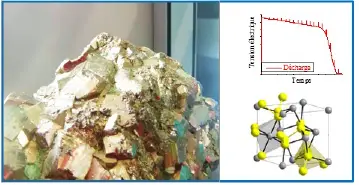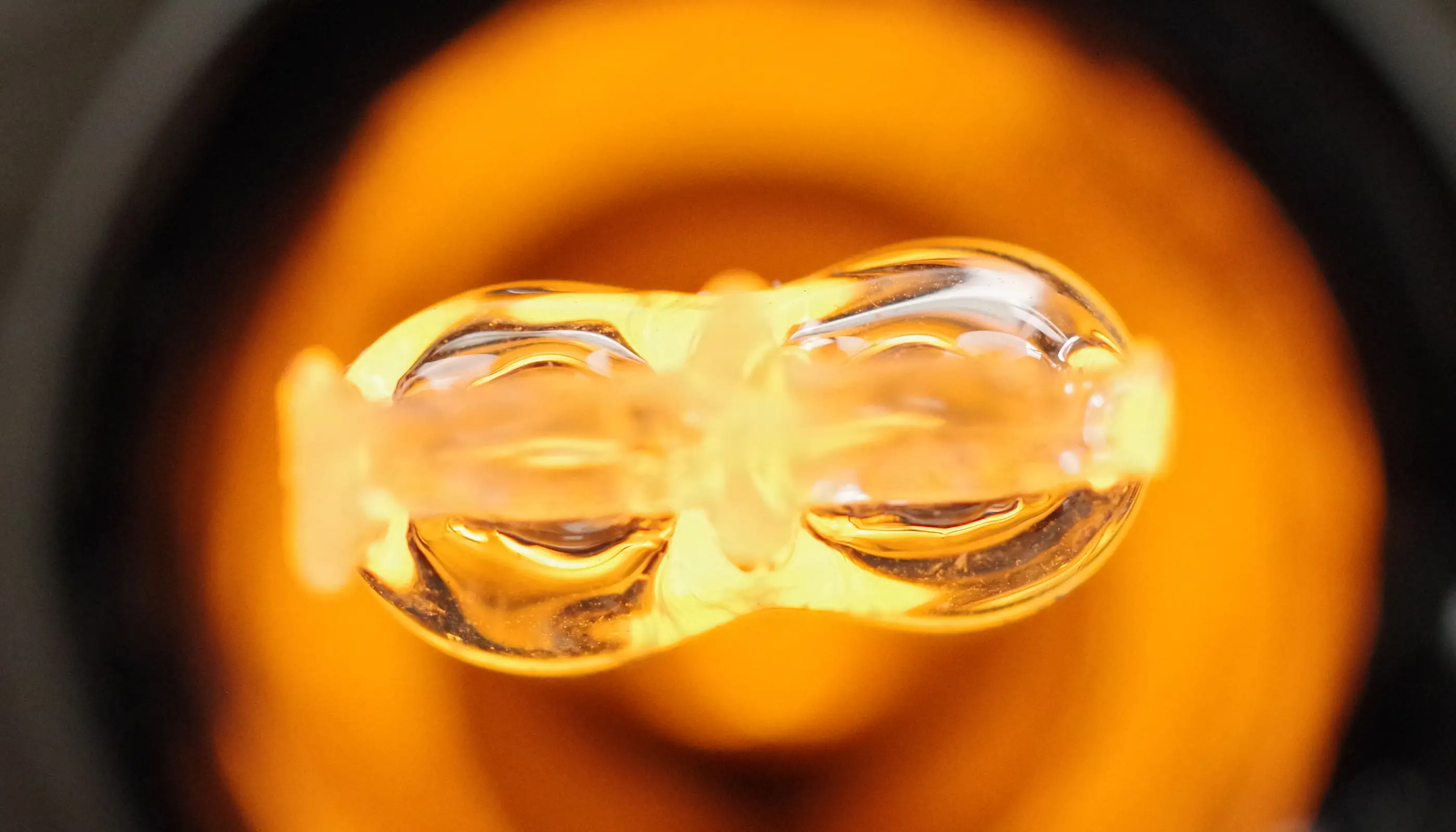High-temperature behavior and evolution of thermal batteries
The aim of the project is to improve our knowledge of thermal batteries, in order to suggest ways of improving the service they provide (energy/power), their compatibility with emerging environmental requirements (recyclability at end-of-life, or reduced environmental toxicity when the battery is destroyed during use), or the development of new uses (in particular by lowering the minimum operating power).

Batteries operating exclusively under extreme conditions
Many systems operate under extreme temperature conditions, which impose severe constraints, but can also enhance their performance. This is the case for thermal batteries, which can store electrical energy for very long periods, since the battery is inactive at room temperature. The properties of these materials are now well known, but detailed knowledge of the mechanisms at work in the battery is still patchy.
Highly prized stability
These systems are used in the weapons and aerospace industries because they are extremely reliable, do not discharge at room temperature, and are capable of delivering high power in applications where their malfunction would result in a mission-critical failure. The knowledge expected from this project will enable us to develop our understanding of the materials that make up the battery and how they evolve, and then to increase their lifetimes or design recovery and recycling procedures, potentially enabling their use in fields broader than space or armaments.
Project partner
Academic laboratories
CEMHTI, CNRS
Industrial partner
ASB Aérospatiale batteries, Bourges (18)
Funding
411,6k€ over 3 years
from regional funds (ARD CVL)
Recruitment
1 Post-doc
Contact
Michael Deschamps michael.deschamps@univ-orleans.fr


